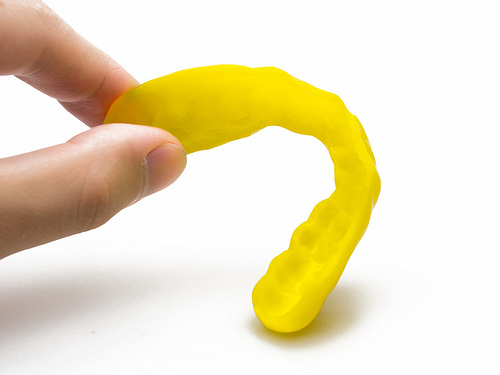What's the difference between an orthodontist and a dentist?
April 15th, 2020

Orthodontists and dentists both help patients improve their oral health, but in different ways. Dentistry is a broad medical specialty that deals with the teeth, gum, nerves, and jaw, while orthodontics is a specialty within dentistry that focuses on correcting bites, occlusion, and the straightness of teeth. One important difference is that all orthodontists like Drs. Magda Barnard & Lee Erickson are dentists, but not all dentists are licensed orthodontists.
How are they similar?
The main similarity between a dentist and orthodontist is that they both focus on oral care. An orthodontist can work in a dental office and provide the same care as a dentist. So in this respect, they are quite similar. They are both considered doctors, and deal with the teeth and gums.
How are they different?
There are more differences than similarities. An orthodontist requires additional schooling as a dental specialty; the situation is similar to a doctor who obtains additional schooling to become a surgeon. Another difference is that orthodontists specialize in helping patients with the alignment of their teeth, improving their bite, or fitting them for corrective braces and devices. If a patient has an overbite, a dentist will refer him or her to an orthodontist.
Dentists typically encourage good oral hygiene and provide services related to:
- Tooth decay
- Root canals
- Gum disease
- Crowns
- Bridges
- Veneers
- Teeth whitening
Orthodontists are dentists that specialize in the alignment of teeth, and provide services related to:
- Misaligned teeth
- Crowded teeth
- Overbite
- Underbite
What an orthodontist can help with
Orthodontists help with crooked teeth, but they assist patients with other issues as well. These include overbites and underbites, crossbites, spaces between teeth, overcrowding of teeth, and the treatment of temporomandibular disorders (TMD). Additional problems with the jaw also need to be treated by an orthodontist.
While a dentist may be trained to provide orthodontic care in addition to extractions, TMJ treatments, and fillings, trusting your smile to an orthodontist can better balance the different procedures you require.
To learn more about the difference between dentists and orthodontists, or to schedule an initial consultation with Drs. Magda Barnard & Lee Erickson, please give our team at Bedford Orthodontics a call at our convenient Bedford, NS office.





 Website Powered by Sesame 24-7™
Website Powered by Sesame 24-7™